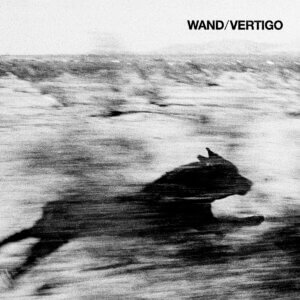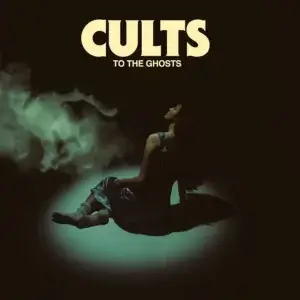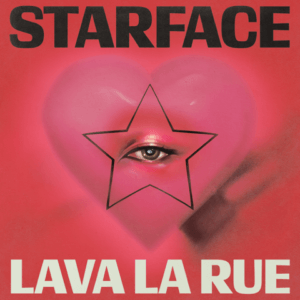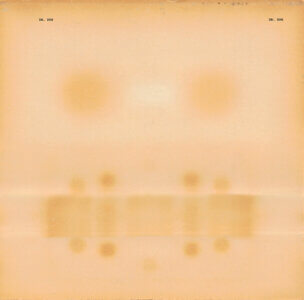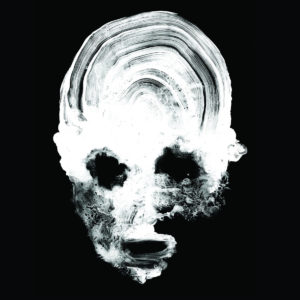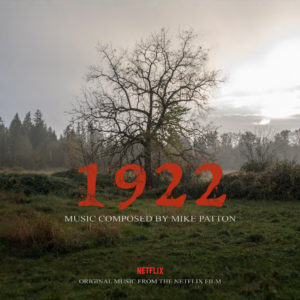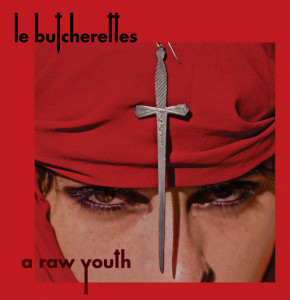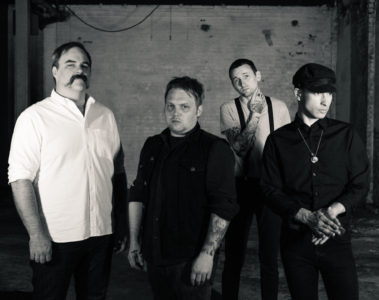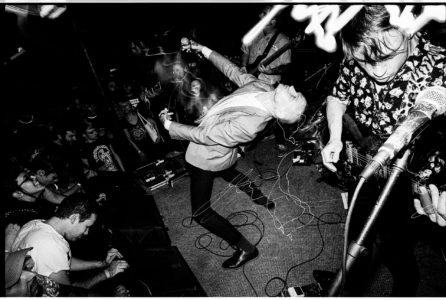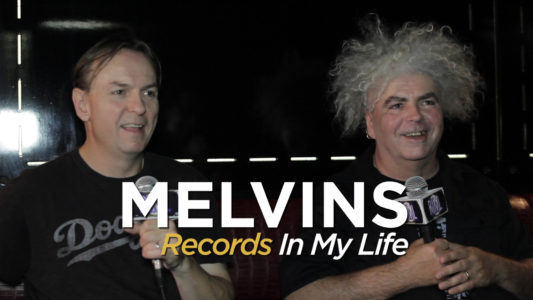
8.0
1922
Mike Patton
1922 soundtrack by Mike Patton
There is a certain rotten allure to the scarcely populated outskirts which surround the cities of middle and southern America. A glorified decrepitude in the swamplands, in the cornfields, that our enlightened cultural elite have elevated to myth. Compounding primitive intellects with a strong sense of moral rectitude, fear of God and material simplicity, Hollywood and mass media boils down these towns into backward hovels to stage scenes of our darkest and most suppressed deviant impulses, for our pleasure and escape from reality.
Mike Patton’s soundtrack to the Netflix adaptation of the Stephen King novella 1922 is evocative of these murky recesses of our collective psyche, as well as the physical recesses of agrarian Americana. Our assumptions about and fears of the unknown, combined with a fascination in the grotesque which is as old as Oedipus gouging out his eyes, allow us to revel in the gothic folklore conjured on screen or in print regardless of the more diverse subtleties of reality. In the same way the 1922 OST relies on pervading mystery, the voices of the undead rather than those of the living.
Mike Patton’s 1922 relates the confession of a farmer burdened with the all-too-familiar “cares of a family man”, who murders his wife with the help of his teenage son and is subsequently haunted by corpses and rats leading to his final repentance. Musically the score is refreshing and diverse, ranging from spacious, echoing tracks of creaking and cracking sounds (“No Grave For Mama” / “Farewell Note”), string arrangements that feel prickly like tiptoeing towards your victim or anticipating your own tragedy (“Murder is Work”), rapid barnyard romps (“Elphis” / “Problem Wife”), to pensive dreamscapes (“Magnolia Hotel” / “Dead Woman’s Secrets”). Most pieces follow a similar trajectory, that of the anxious curiosity leading to terror under the firm eye of divine judgment, seen in clear display in the gradually-rising “Omaha 1930”.
The story itself is all rooted in memories, and the music holds recollection tainted by knowledge of sin. The compositions are excellent, and like any good score are able to tell a story in sound. The context of the film adds the interesting layer of the confession, a recollection. The evil committed is an established fact that now colors all experience. All sound has been harrowed by blood, sorrowful strings are made piercing, subtle pianos are corrupted by distorted atmospheric layering. The rats are hiding in every corner and waiting to be revealed in sudden bursts and strokes.
Reality is a secondary figure in Patton’s soundscape. He is three steps removed, conjuring the myth of a story told after the fact received second hand. The cover of the album shows that this is a nightmare of the southern gothic type, an inhuman one. The characters evoked are the dead or condemned, and the places are holding dark secrets.
review by Andy Resto
Latest Reviews
Tracks
Related Albums
Related News
Advertisement
Looking for something new to listen to?
Sign up to our all-new newsletter for top-notch reviews, news, videos and playlists.
